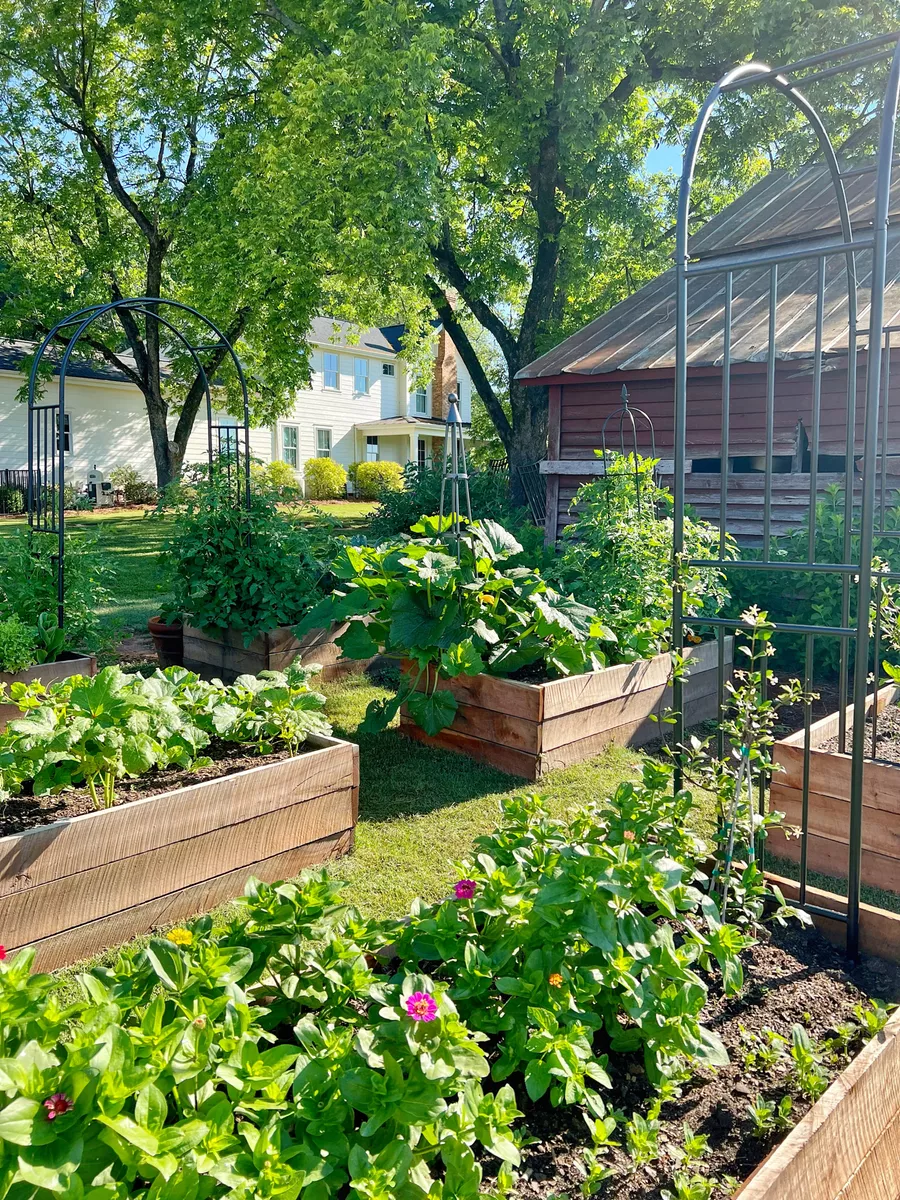Leading Gardening Methods to Boost Plant Development and Health
Leading Gardening Methods to Boost Plant Development and Health
Blog Article
Opening the Advantages of Horticulture: A Thorough Take A Look At the Different Types and Their Effect On Wellness
Discovering the complex advantages of horticulture exposes a range of practices that significantly boost specific health. From veggie and herb gardens to container and raised bed setups, each type offers distinctive benefits that prolong beyond mere cultivation. These tasks not just foster physical health and wellness with active engagement but additionally add to psychological health by relieving stress and motivating mindfulness. As we take a look at these diverse gardening approaches, it becomes noticeable that their effect can resonate on personal, social, and environmental levels, motivating a more detailed consider just how these links create a natural narrative of alternative wellness.
Sorts Of Horticulture

Blossom horticulture, another preferred classification, stresses the aesthetic allure of cultivated blossoms. This kind can improve landscapes and promote biodiversity by drawing in advantageous pollinators. Natural herb gardening involves expanding aromatic and cooking plants, contributing both to food preparation and natural remedies.
Container gardening deals flexibility, enabling people with restricted space to involve in gardening by utilizing pots and planters. This approach is particularly popular in city settings. Elevated bed gardening, on the other hand, includes creating elevated stories that enhance dirt drain and accessibility, making it easier for garden enthusiasts to handle their plants.
Finally, neighborhood gardening promotes partnership amongst people in common spaces, advertising social communication and cumulative responsibility. Each kind of horticulture offers distinct purposes and caters to various choices, making gardening a flexible activity that can be customized to individual requirements and settings.
Mental Health Advantages
Taking part in various kinds of horticulture not only produces concrete incentives such as fresh produce and attractive flowers yet also uses substantial mental health and wellness advantages. Research suggests that horticulture can be an effective tool for lowering stress, stress and anxiety, and clinical depression. The act of tending to plants and growing a yard fosters a feeling of function and success, which can improve total emotional well-being.
Additionally, horticulture motivates mindfulness, as it needs people to concentrate on the existing minute, whether it be growing seeds or supporting development. This mindfulness technique can lead to reduced rumination and improved mood stability. The exposure to natural environments during horticulture has actually additionally been connected to boosted cognitive working and reduced sensations of fatigue.
Social interaction plays a critical function in psychological health, and community gardening initiatives offer chances for individuals to get in touch with others, cultivating a sense of belonging. The common experience of horticulture can cultivate relationships and assistance networks, better strengthening psychological durability.
Physical Health Perks
Many individuals might not realize that horticulture also provides significant physical health benefits. Involving in gardening activities calls for a range of physical motions, consisting of flexing, lifting, digging, and growing, which jointly contribute to enhanced toughness, flexibility, and endurance. These actions can improve cardio wellness by promoting an elevated heart price, therefore decreasing the danger of heart problem.
Furthermore, gardening can offer as a moderate-intensity workout, helping people attain advised exercise levels. Research studies show that regular participation in gardening can shed substantial calories-- approximately 200-400 calories per hour, depending on the intensity of the jobs executed. Such calorie expense is helpful for weight monitoring and total metabolic health.
Additionally, exposure to sunlight during horticulture can facilitate the synthesis of vitamin D, which plays a necessary duty in preserving bone wellness and sustaining immune function. The act of gardening often involves functioning with soil, which has YOURURL.com been linked to prospective mental and physical health benefits due to the visibility of useful microorganisms.
Social Connections With Gardening
The common aspects of gardening foster meaningful social connections among people. Neighborhood gardens, particularly, act as vibrant centers where individuals from diverse histories integrated, growing not just plants yet additionally partnerships. These shared areas urge partnership, enabling individuals to exchange understanding, abilities, and resources, therefore enhancing their horticulture experience and promoting a sense of belonging.
Engagement in horticulture activities often leads to the development of relationships and support networks. Individuals often join for typical objectives, such as growing seasons, harvest celebrations, or educational workshops, which reinforce interpersonal connections and create a feeling of neighborhood. Such communications can ease feelings of isolation and boost mental wellness, as individuals find friendship and sociability in common ventures.

Ecological Effect of Gardening
Gardening substantially contributes to environmental sustainability in multiple means. Among one of the most notable benefits is the enhancement of biodiversity. Home yards provide crucial environments for various types, including pollinators such as bees and butterflies, which are essential for community health. By cultivating diverse plant types, his explanation garden enthusiasts can create a balanced environment that sustains both flora and fauna.

In addition, yards play a critical role in water conservation. Well-planned landscapes, consisting of native plants and xeriscaping, lower water use and prevent runoff, therefore safeguarding regional waterways from pollution.
Conclusion

The varied kinds of horticulture-- consisting of veggie, blossom, herb, container, and elevated bed-- add to psychological and physical wellness, foster social links, and advertise ecological sustainability. By engaging in horticulture practices, people can experience improved high quality of life while likewise sustaining community bonds and environmental health and wellness.
Report this page